Economics/Business
Economics
Economics is the social science that studies how individuals, businesses, governments, and societies allocate scarce resources to satisfy their unlimited wants and needs. It is concerned with the production, distribution, and consumption of goods and services, and the decisions and behaviors of individuals and institutions that shape these processes.
By reading the intensive articles of Englopedia.com you will grasp that it is a broad field that encompasses various branches and subfields, including microeconomics, macroeconomics, international economics, labor economics, behavioral economics, and many others. Microeconomics focuses on the behavior of individuals and firms, while macroeconomics looks at the overall performance of the economy, including issues such as inflation, unemployment, and economic growth. International economics examines the flow of goods, services, and capital across borders, while labor economics focuses on the behavior of workers and employers in the labor market.
Englopedia will make you aware that Economists use a range of tools and techniques, such as mathematical modeling, statistical analysis, and experimental methods, to study and analyze economic phenomena. They aim to understand how markets work, how individuals and institutions make decisions, and how public policies and institutions impact economic outcomes.
Through the leading articles of Englopedia you will realize that Economics has significant implications for individuals, businesses, governments, and societies, as it can inform decisions related to investments, production, taxation, trade, and social welfare policies. It is a crucial field of study for understanding the functioning and dynamics of modern economies and for addressing pressing global issues, such as inequality, climate change, and economic development.
-

What is Crowdsourcing/ benefits/disadvantages/implementation
Crowdsourcing: What Is It? Crowdsourcing is an open and shared outsourcing model , whose purpose is to bring different people together around…
Read More » -

What is Cross docking/origin/advantages/disadvantages/types
What Is Cross Docking? Cross docking is a methodology for the distribution of goods in which the company outsources the shipping…
Read More » -

What is Supply Chain/importance/Advantage/challenges/optimizing
What Is Supply Chain? Often confused with logistics processes, the Supply Chain symbolizes the set of methods, concepts and ways…
Read More » -
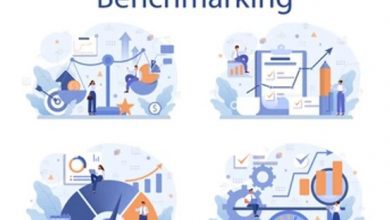
What is Benchmarking/purpose/pillars/types/Mistakes/examples
What Is Benchmarking? Benchmarking is a strategy that seeks to optimize the performance of a company based on the analysis of…
Read More » -
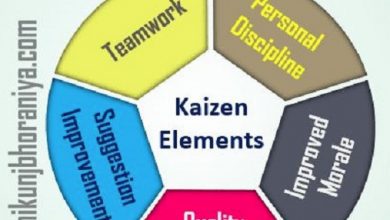
What is Kaizen/origin/purpose/advantages/example/5s/priorities
Kaizen: What Is It? Kaizen is a Japanese philosophy of continuous improvement that seeks maximum efficiency in any process. The term kaizen…
Read More » -
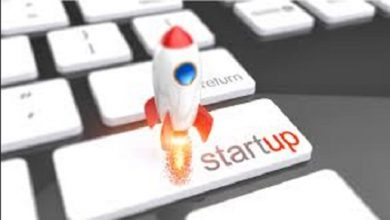
What is Corporate Venturing/Types/Examples/working
What Is Corporate Venturing? Corporate Venturing is an expression used to characterize the involvement of large companies with startups in the search…
Read More » -

Organizational ambidexterity/Advantages/challenges/Examples
What Is Organizational Ambidexterity? Organizational ambidexterity is a concept linked to the corporate universe that designates the search for operational efficiency and…
Read More » -
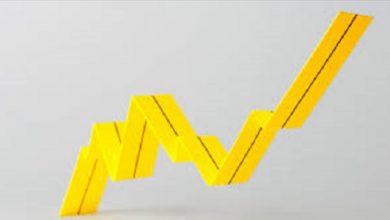
What is core business/core competence/examples
What Is The Core Business And What Is It For? Core business is the core activity of an organization . In free…
Read More » -
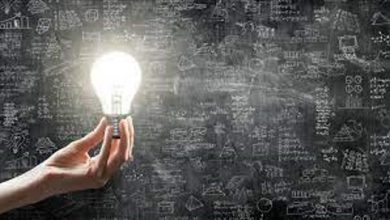
What is Open innovation/origin/working/advantages/disadvantages
What Is Open Innovation? Open innovation is a business management model that promotes disruptive development in the company, through the decentralization of its innovative mindset .…
Read More » -

What is crowdfunding in business/working/Disadvantages/Advantages
What Is Crowdfunding? The translation for Crowdfunding is crowd funding . Crowdfunding translation is widely used. All uses deliver what the idea is. In…
Read More »